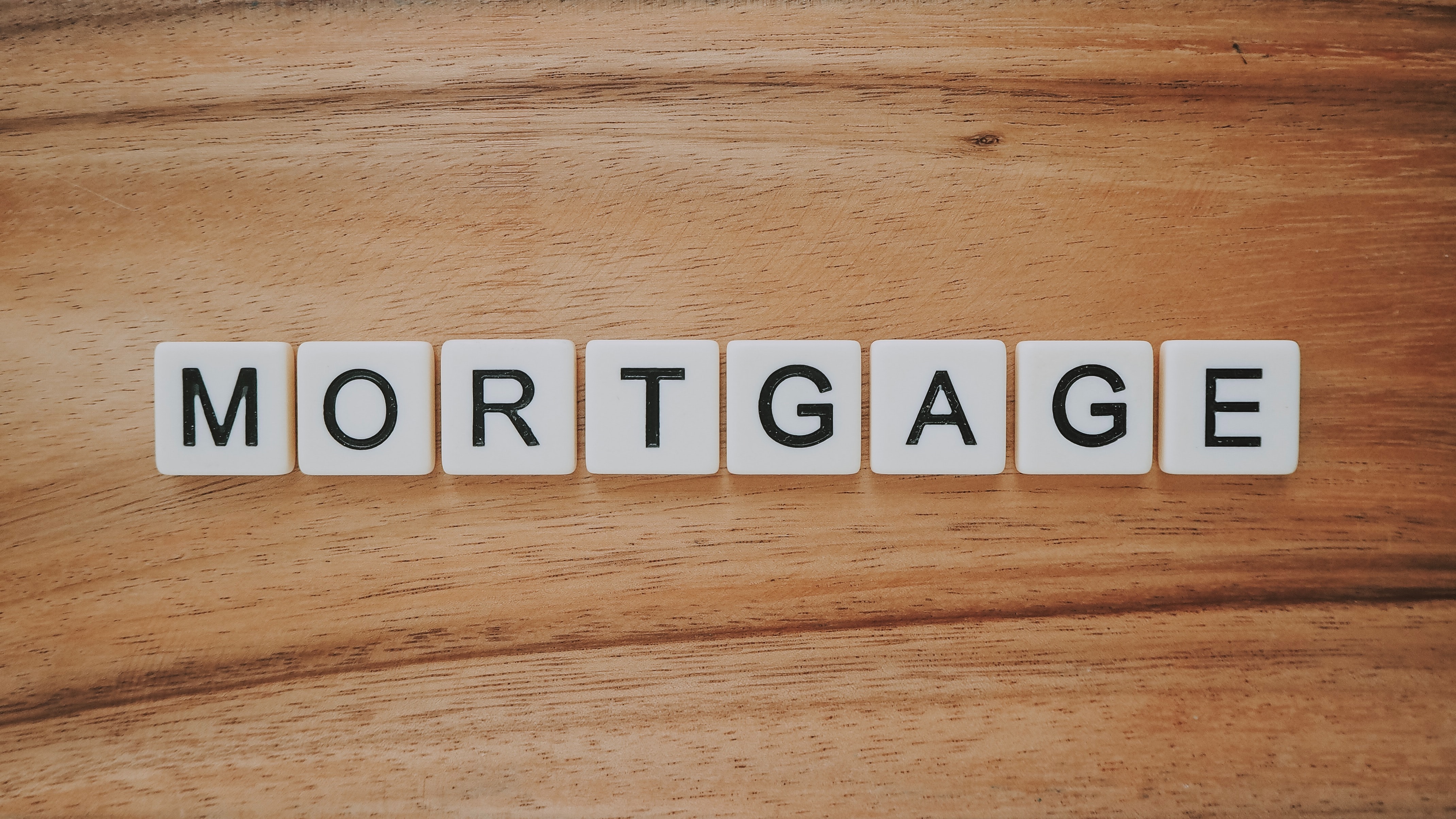When Interest Rates Rise What Happens To Money Supply And Mortgage Rates?
When interest rates rise, the cost of borrowing money increases. This means that individuals and companies are less likely to borrow from banks in order to purchase goods and services. As a result, the amount of money circulating in the economy decreases (this is called "tightening"). When there is less money circulating in the economy, there are fewer goods being purchased — which leads to higher prices (or inflation).
As interest rates rise, banks become less liquid because they can’t lend as much money as they normally would. This means that when it comes time to borrow, there's less available than before.
If you want to borrow more money now than before, you're going to pay more for it — but not just because you need more cash. Banks also have higher costs associated with issuing loans because they're lending less money overall.
While the day's of 2% mortgage's are gone for the foreseeable future, there are loan options with historically low interest rates. 5/1 ARM, 10 or 15 year terms & discount points are all ways to help keep your rate low.
If you have any questions related to interest rates or mortgages in general, give us a call at the office at 727-376-6900 or visit or use the form below.
As interest rates rise, banks become less liquid because they can’t lend as much money as they normally would. This means that when it comes time to borrow, there's less available than before.
If you want to borrow more money now than before, you're going to pay more for it — but not just because you need more cash. Banks also have higher costs associated with issuing loans because they're lending less money overall.
While the day's of 2% mortgage's are gone for the foreseeable future, there are loan options with historically low interest rates. 5/1 ARM, 10 or 15 year terms & discount points are all ways to help keep your rate low.
If you have any questions related to interest rates or mortgages in general, give us a call at the office at 727-376-6900 or visit or use the form below.
Have A Mortgage Question?
Use the form below to ask a question. Not only will we respond to you, we'll add it to our FAQs to help other borrowers like yourself. Don't worry, if the question is of a personal nature, we'll keep it confidential.








